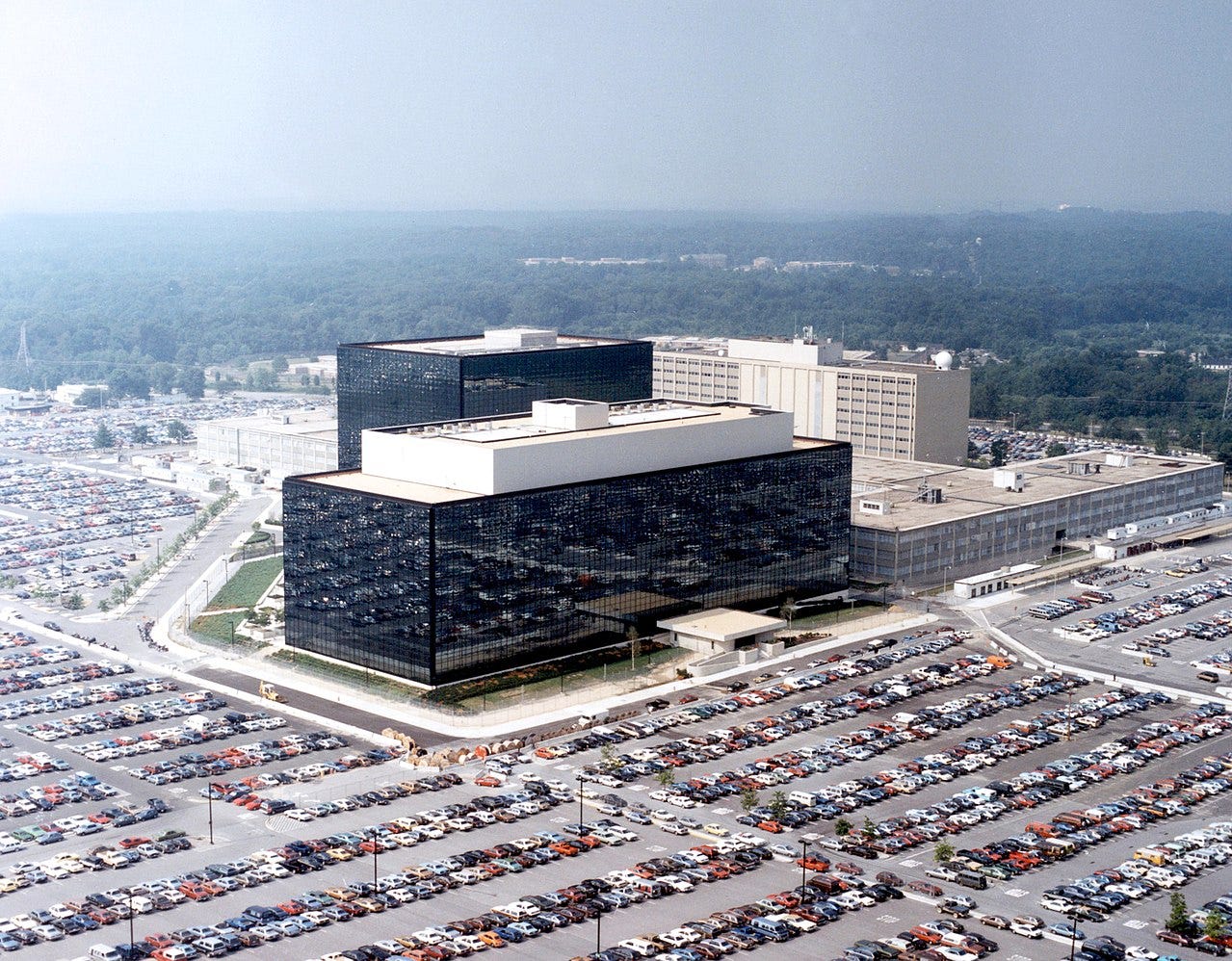UKRAINE-RUSSIA
The New York Times reports that a very large number of Russian troops and military assets are stationed on the border with Ukraine with the aim of influencing negotiations on a possible new Minsk agreement (an international treaty signed in 1991 that defines relations within the CIS organisation and between the Bear and the former Soviet satellite states), on a new agreement on the management of tensions in Donbass and, some suggest, to test the resolve of the new White House administration.
We sketched an initial analysis of a possible large-scale conflict in our 8 April report.
As for tensions, we do not share the proposed narrative of a restrained Russia.
In our view the Kremlin is acutely aware of how the convergence of many historical trends is failing, causing an acceleration of plans to redefine relations with the rest of the world.
-President Vladimir Putin may be forced to retire and, regardless of how real the retirement is, the event will have cascading consequences across multiple realities including military and diplomatic.
-The West (whether the term refers to European states or the United States) is slowly emerging from its condition of inertia and apathy.
-The balance of the oil markets is broken. Prices have returned to pseudo-normality, but it is clear what the weight of the American revolution in shale extraction is and the possible consequences on the currency markets of the power of the Petrodollar are important. Even after hyperinflationary phenomena, the US could have a strong influence on the global fossil fuel reality.
These reasons, combined with the Bear's desire to ensure adequate and sustainable future geopolitical stability with respect to its sharply declining demographic size are, in our view, very influential on Moscow's decision to press the accelerator for the absorption of the territories it needs. An armed clash seems neither inevitable nor immediate, but it is probable.
SIGINT(SIGnal INTelligence)/Cyberespionage
Rules by spies and for spies
The NSA will soon publish guidelines for cybersecurity within 5G networks.
The decision implies a partial attempt to open up cooperation with those strategically relevant countries that will nonetheless install Huawei equipment to upgrade their telecommunications infrastructure.
We would like to emphasise that in the final analysis this is a strategy of moving up the data distribution chain that implies serious encryption tactics on the part of the Americans and consequently signals a partial closure also towards some allies, including probably Italy and Germany.
It is possible that in the long term this will reflect badly on trade relations with a large part of the EU, particularly in terms of cooperation in military development, favouring companies such as the British BAE Systems.
The latter is strongly integrated with Scandinavian, French and Italian production.
Similarly, the new guidelines can be applied to the situation in South America, which, however, does not have as important a strategic relationship as the EU.
AFGHANISTAN
Anarchy
A fairly rapid decay of law and order in the northern and eastern regions of Afghanistan had already become evident with the practice of the "essential militia" (One-Key Militia), i.e. the unwitting recruitment of young people to defend checkpoints or control posts in areas beyond the control of the central government under the pretext of renovation work.
The situation seems to have reached a further level of criticality after the clear involvement of pseudo-mafia networks throughout the country (including the capital Kabul) in clashes with the Taliban.
What in fact is almost never discussed by western public opinion are the subversive and terrorist tactics of the fundamentalist group, also used during the same negotiations, which has control of most of the mountains in the north-east.
The Taliban now live and operate between Afghanistan and Pakistan and it is highly probable that they have been conducting terrorist attacks in population centres for years with the aim of frightening the population and provoking an insurrection against the central government.
It seems, however, that in a brutal development, many of the authorities have ended up integrating a network of traffickers and autocrats with the objective of repelling the group and economically 'revitalising' part of the territory.
The end result is a heavy internal clash within the cities themselves that has been attracting the attention of the Americans for some time now.
TURKEY
Ataturk's legacy may be in crisis
The Young Turk Revolution has often been criticised in relation to the Armenian Genocide, ending up defaming a historical movement of great significance for the entire Middle East region with an ugly episode whose designation as 'Genocide' is often debated.
The reasons for this dispute are actually anything but trivial matters as what the politician Mehmed Talat Pasha did, ordering the mass deportation of more or less a million and a half Armenians with absolutely insufficient means and putting them in the hands of an army (the Turkish one) partly hostile, cost him dearly both within the Young Turks' apparatus and in the eyes of the international community.
Ataturk himself, the father of secularist Turkey and reformer of the then decaying Ottoman Empire, condemned the events but underlined how the bodies representing the Armenians in Turkey had tried to organise forms of insurrectionary attacks during the First World War to favour Moscow.
The correct historical reading, beyond the horrible politicisation of the events due to revisionist tendencies of recent years, of these events is fundamental as it guarantees a deeper understanding of Turkish reality today and above all does not bastardise a term that should NEVER be used lightly.
The Shoha and what is happening in Xinjiang have all the features of a systematic elimination of a people, minority or ethnic group.
This is not the case with what some call, in our view correctly, the "Armenian deportations" which were poorly planned and worse still carried out, but never had the same methodical and mechanical character or the targeted will to exterminate.
We then come to the central question. The Young Turk Revolution allowed Turkey to enjoy a period of non-indifferent renewal with strengthened relations with the entire West and saw the country take a firmly secularist stance in favour of the so-called 'exchange of cultures'. The basis of these events, however, was always characterised by a strong military component with the implication that a revolution or an Islamist party should never take power in the country.
This evolution was the result of a long and complex process of disintegration that involved governments all over Europe (the British and French empires, more than one German Reich....) at different times and with different objectives, but which had the final result of weakening the Ottoman empire (which had in fact already been in crisis for a long time for its own reasons).
The consensus that emerged was one of rejection of the sectarian dimension that so often characterised the Muslim world and thus the creation of a country with a secularist base. The arrest of a dozen former admirals, including convinced Islamists close to Erdogan himself, because of their opposition to the violation of the Montreux Convention in favour of the United States is indicative of how not only the Turkish Republic's silent pact has been violated (it could be argued that this was already violated in 2016 with the arrest of individuals unrelated to the attempted coup) but also of a serious risk of institutional collapse.
CHINA
The Secretary General is always right
China seems to be far from willing to rebuke its diplomats for the highly hostile tones and manners used towards counterparts. This is often described as "Wolf Warrior diplomacy" (named after a Chinese blockbuster) and seems to be the result of a doctrine favoured by the Secretary General himself, Xi Jinping.
The damage to the Dragon's image resulting from such an approach is easy to imagine and the refusal of the Politburo in Beijing to block such a practice (it would even seem to be encouraged) signals quite clearly a serious underlying arrogance and a serious strategic error.
The very last example of the heavy costs in terms of lost respectability are the antagonistic comments made by some Chinese diplomats towards WHO President Thedros Ghebreyesus after he accused Beijing of not providing enough information in relation to the Coronavirus.
It is important to note that Ghebreyesus has always been little critical of the Dragon, and the reaction only makes the situation worse.




